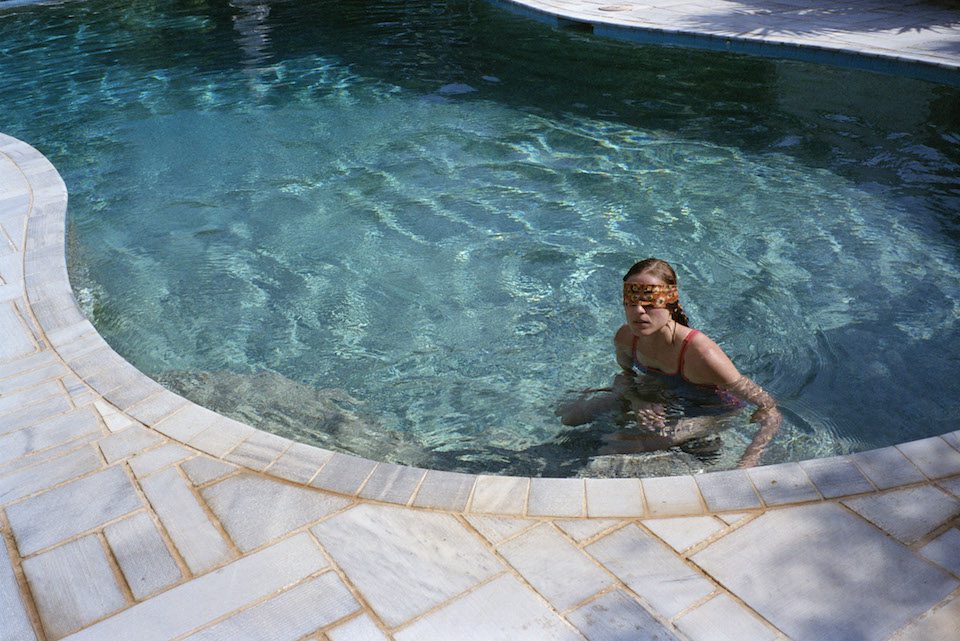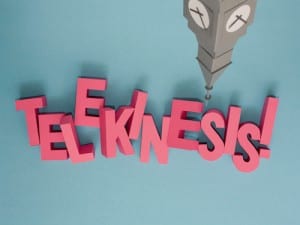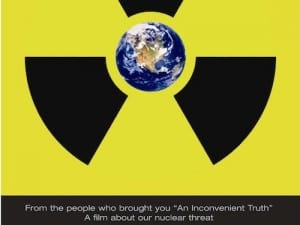Yorgos Lanthimos’ provocative film displays one father’s inexplicable subversion of his children’s world through interrupted story-telling and uncomfortably macabre humour.
In 2008 Austrian businessman, Josef Fritzl, was discovered keeping his long-lost daughter captive in a hidden basement along with three of her children fathered by him in one of the most shocking stories of deceit and incest witnessed in modern society. This, and similar stories of excessive parental control, have collectively raised outrage about the state of social services, and questioned the competency and morality of those around us. These gaolers have operated within society for years, their crimes unbeknownst to colleagues, families, acquaintances and friends, and the world has soaked these stories up in horror. Bad taste it may be, but Yorgos Lanthimos’ (b. 1973) Dogtooth fearlessly delves into these situations of an obsessive paternal need for control with an avant-garde slant, through stilted mannerisms, a carousel of taboos and dark, confrontational comedy.
Lanthimos’ narrative is fuzzy, gradually pieced together through a slowly unfurling series of events, which can feel frustrating in their ambiguity and seeming isolation from one another. Information is provided, as a sanitised dystopia emerges behind the walls of one exceptional family home. An omniscient father cultivates his own view of an ideal world for his two daughters and son, aged from late-teens to late-20s, who are painfully sheltered having never set foot outside the family grounds. The parents create a bizarre parallel universe for their grown children, who believe the outside world to be a hostile environment, populated by killer pets, and only accessible for the Father by car. Aeroplanes flying overhead are toys that can drop out of the sky, the telephone is a table-top seasoning, a zombie is a small yellow flower, and the cat is the most dangerous predator of all. The children engage in constant competitive play, vying over who can bear boiling water for longest and who can remain submerged in the swimming pool, in return for stickers, which adorn their bedsteads. Through Lanthimos’ exposition, nothing is explained and there are no givens. When the Father’s colleague, the quietly sinister Christina, is brought into their environs to service the sexual needs of the Son, the apparent utopia breaks down with indiscriminate acts of violence, sexual abuse, and the infiltration of the outside world. Lanthimos describes the idea as an act of science fiction: “What if families, as we know them, were extinct in the future? What if they couldn’t function anymore, and what if we didn’t really need them? Then came the idea of this man and his wife going to extremes, just to protect and preserve their family as they think is the best way. Away from any kind of exterior influence and harm.”
In contrast to its bizarre material, Dogtooth is very particularly shot, scenes are framed at obscure angles and the handling is shaky, like one of the Father’s contrived home movies. Lanthimos felt that: “A very strict framing was fitting to the story and was accentuating the feeling of entrapment and confinement of the children.” The whole captures the oxymoronic, calculated spontaneity of the family’s world: “On such a fixed frame, the actors were sometimes allowed to improvise so that this contradiction could be created in the atmosphere of the scenes.” Furthermore, the acting is very stilted in a manner that implies the family have never experienced any “real” emotion because they have never encountered a “real” situation, with the children speaking in flat monotones when excited, incredibly non-erotic and awkward sex scenes, and an unnervingly vacuous response to violence. “The main thing we tried to do is keep the actors away from what they knew. Have them bare in front of the camera, without having anything else in their minds other than their action. No emotional response.” Lanthimos’ ideal contradicts conservatism in an industry based around visual emotions, another factor that make his story so difficult in terms of entertainment value, and high on groundbreaking posturing.
In spite of these calculations, there was no one particular agenda in the film’s creation: “I try to make my films very open for the viewers to be able to be actively engaged while watching them,” and this ambivalence is highlighted through the confusions at the core of the film. A perusal of viewers’ opinions reveals that audiences do take very clear readings from watching the film, with reactions verging from exultant praise at its boundary-breaking form, to horror at the parallels with recent events, and irritation, with some anger at Lanthimos wasting their time and efforts in sitting through what can be a long and slow experience. Dogtooth is provocative, descending into an incestuous, nightmarish vision towards the end, to such an extent that you have to ask whether this shock-value is gratuitous, but Lanthimos is unclear: “The condition in which the film exists is what provokes people to think. And they think according to themselves, their behaviour, experiences and knowledge. ”
Another vague concept is the boundary between Dogtooth’s drama and its humour. From beginning to end the film is inherently dark, macabre to the point of absurdity, eliciting uncomfortable laughter. As Christina coaxes the Older Daughter into a submissive sexual relationship, we relish the incongruity of a grown-up economy based around sparkly headbands and tape measures. In light of what they believe to be a savage mauling of their older brother by a cat, the family imitate ferocious dogs on hands and knees with the desperation of those fighting for their lives. The narrative treads a fine line between laugh-out-loud, to an embarrassed turning away from the horrors on screen. After discovering Christina’s contamination of the family environment the parents audition each daughter to step into her role. Her appearance represents the parents’ own, two-dimensional view of eroticism and sexual desire, as simply an urge of the Son’s to be physically purged on a regular basis.
Dogtooth presents the children’s sexual awakening as inevitable, following a very clear path especially through the daughter’s discoveries, whereby the Older Daughter dispassionately directs her younger sibling with, “there feels nice”. It is a widely held belief that we are conditioned by puberty, and so Lanthimos’ narrative only becomes transgressive by the children’s very isolation, the absence of non-relatives on whom to satiate their needs, “the incest was basically just a natural development in the story of this declining family. It was inevitable. Sex is a very important factor in life and so it is in this family.” This inevitability is turned on its head by the far more disturbing idea of random acts of violence that seem to come from nowhere with no logic but a very damning critique on the human condition.
The film encourages a multitude of interpretations: as a critique of the nuclear family, CCTV society, conventional filmmaking, and the malleability of young personalities: “While the film was never conceived as an allegory, multiple interpretations could be applied to it. My personal interest in this story was to observe the ability to form and minimize the human mind and its perception about the world.” The unfinished ending continues the work’s ambivalence indefinitely, leading Lanthimos to challenge whether one is “an optimistic or pessimistic person in this specific period of his life.”
Dogtooth has had equal amounts of praise and criticism. It is challenging, confusing, uncomfortable and subversive, but is it pretentious? In a televisual and cinematic world of Glee and Alice in Wonderland, where stylisation and choreography are prioritised, Dogtooth stands apart because it offers something so different. It is almost challenging the genre of cinema as a form of entertainment. Lanthimos has created a pastiche of artist film, reality TV and social critique in his stiflingly claustrophobic environment. The apparent lack of agenda creates an uncomfortable interpretation. Dogtooth was released in cinemas on 23 April 2010. It will certainly stay with you long after the credits roll.
Ruby Beesley





